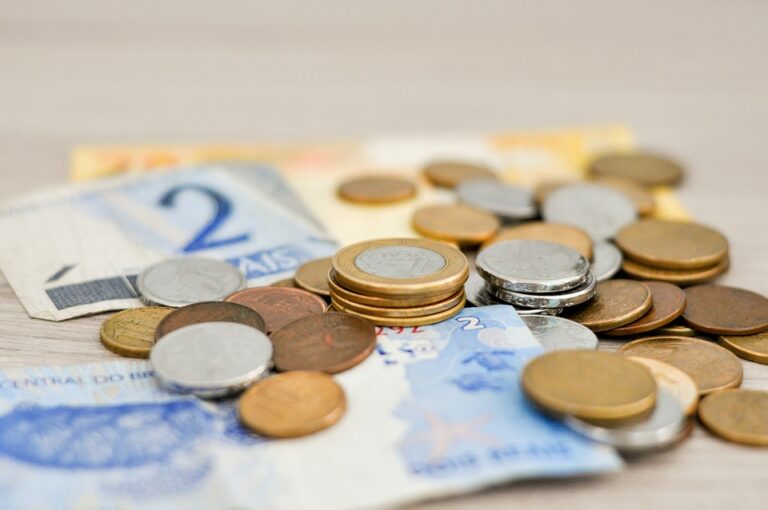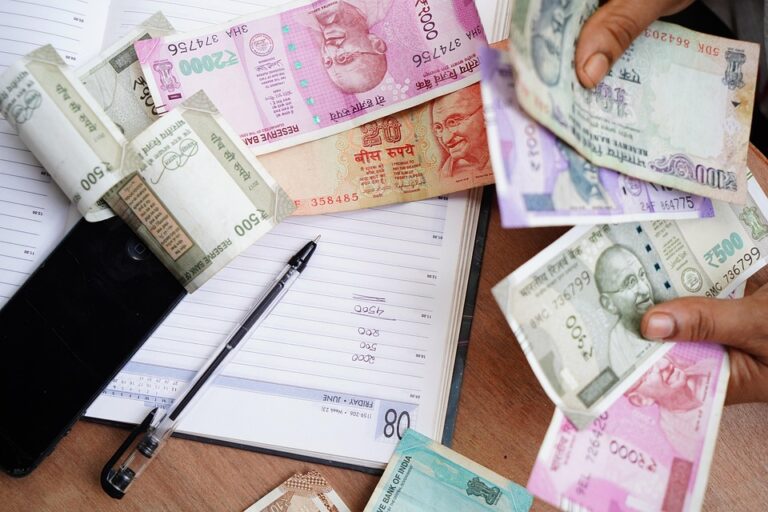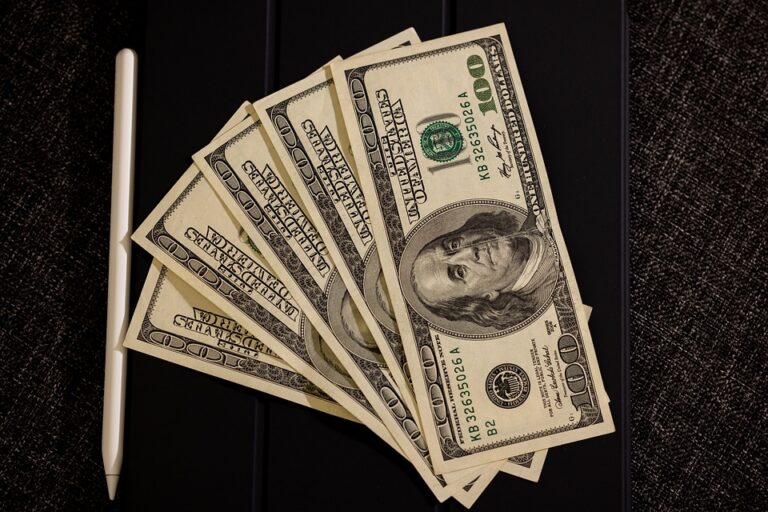Last updated Mar. 19, 2025 by Charles Zemub
Your credit score is a crucial numerical representation of your financial reliability. It impacts many aspects of your financial life, from securing loans at favorable rates to renting an apartment or even landing a job. A key component of your credit score is your payment history, which creditors use to evaluate your ability to repay debts. This article explores how payment history affects your credit score, why it matters, and how you can manage it to maintain a healthy credit profile.
Understanding Payment History
Payment history refers to the record of your payments on credit accounts such as credit cards, mortgages, and other loans. It includes whether payments are made on time, the frequency of late payments, and the overall pattern of paying debts. Payment history is significant because it serves as a direct reflection of your commitment and reliability as a borrower.
-
Significance of Payment History in Credit Scoring
-
Weight in Credit Scoring Models: In most credit scoring models, such as the FICO score, payment history accounts for approximately 35% of your total score, making it the most substantial factor influencing your credit. This weight is due to the predictive nature of past payment behavior regarding future credit risk.
- Impact of Missed Payments: Even one missed payment can have a rippling effect on your credit score. Generally, a single 30-day late payment can lower your credit score significantly, especially if your credit history is otherwise untarnished. The longer a payment goes unpaid, the more severe the impact, with 60-day, 90-day, or longer delinquencies causing progressively more damage to your score.
-
-
Types of Accounts Included in Payment History
Payment history encompasses all credit accounts, including:
-
Revolving Accounts: Credit card accounts fall under this category. Consistent, on-time payments reflect positively on your credit history.
-
Installment Loans: These include mortgages, car loans, and student loans. Timely monthly payments on these accounts are crucial for maintaining a positive credit history.
- Collections and Public Records: If a debt is passed on to a collection agency or becomes part of public records due to bankruptcy or foreclosure, it severely impacts your score.
-
-
Why Payment History Matters
-
Trustworthiness Indication: For creditors, a consistent record of on-time payments is an indication of your trustworthiness and ability to manage financial responsibilities. A poor payment history suggests a higher risk, leading to possible credit denials or higher interest rates.
- Considerations for Lenders and Financial Institutions: When assessing a credit application, lenders heavily rely on payment history to forecast future payment behavior. A strong history can lead to lower interest rates and better loan terms, while a weak history can result in higher rates or outright rejection.
-
-
How to Maintain a Positive Payment History
-
Always Pay on Time: The simplest way to maintain a positive payment history is by making all payments on time. Consider setting up automatic payments or reminders to ensure you never miss a due date.
-
Understand the Grace Periods: Different accounts may offer grace periods where a payment can be made past its due date without penalty. However, it is crucial to understand these terms clearly to avoid unexpected late fees.
- Communicate with Creditors: If you anticipate trouble making a payment, it’s wise to contact your creditor before the due date. Many creditors may offer flexible terms or temporary adjustments to your payment schedule if you demonstrate goodwill and a history of responsible credit use.
-
-
Rebuilding After Late Payments
-
Bring Accounts Current: If you’ve missed a payment, it’s essential to bring your accounts current as soon as possible and remain consistent with future payments.
-
Negotiate with Creditors: For those with a history of late payments, reach out to creditors to negotiate terms or removal of late payments after a series of on-time payments.
- Build a Positive Payment Record: Demonstrating responsible financial behavior over time will help rebuild your credit. Even small amounts paid regularly on time can have a positive impact.
-
-
Other Factors Complementing Payment History
-
Credit Utilization: This is the ratio of your current credit card balances to your credit limits. Maintaining low credit utilization ratios complements a positive payment history, collectively supporting a higher credit score.
-
Length of Credit History: A longer credit history often positively influences your credit score. Regularly updating your payment behavior over years can aid in building a substantial history.
- Types of Credit in Use: Having a mix of different credit types, such as revolving and installment accounts, can also positively affect your score if managed properly.
-
✓ Short Answer
Payment history is crucial to your credit score, accounting for 35% in most scoring models like FICO. It reflects your consistency in bill payments and impacts your ability to secure loans or credit cards. Making timely payments is essential, while late payments or defaults can severely damage your score. A solid payment history builds lender trust and can result in better loan terms and lower interest rates. To improve payment history, you should consistently pay on time, communicate with creditors when needed, and aim to clear any outstanding delinquencies.
-
Common Mistakes and Misunderstandings
-
Belief that Small Delinquencies Don’t Matter: Even small amounts left unpaid or slightly late can impact your credit over time when aggregated.
- Assuming Paid Collections are Immaterial: While paying collections is vital, the fact that a collection occurred may still influence your score.
-
-
The Long-Term Benefits of a Strong Payment History
-
Facilitates Financial Flexibility: A solid payment history opens doors to a multitude of financial opportunities with better terms, providing options during significant life ventures such as buying a home or starting a business.
- Improves Overall Financial Health: Maintaining a positive payment history encourages disciplined financial habits that contribute to a broader sense of financial well-being and security.
-
-
Building a Robust Payment History from Scratch
-
Start with Small Lines of Credit: For those new to credit, utilizing small lines of credit responsibly can establish a good payment history.
- Monitor Your Credit Report: Regularly check your credit report for accuracy and address any discrepancies quickly, ensuring your payment history is correctly reflected.
-
-
Technology’s Role in Payment History Management
- Utilize Financial Tools and Apps: There are numerous digital solutions available that help track payments, set reminders, and provide insights into your spending habits, assisting in maintaining prompt payment habits.
- Conclusion
In the landscape of personal finance, your payment history reigns supreme, shaping not just your credit score, but your broader financial profile. Understanding its significance empowers individuals to manage their finances proactively, steer clear of potential pitfalls, and leverage credit effectively for personal goals. Put simply, the timeliness and consistency of your payments can either be the foundation or the fragility of your financial future.
FAQs
What is a payment history?
Payment history is the record of how timely you pay off your credit accounts, such as credit cards and loans. It includes the times you’ve paid on time versus when you’ve been late.
How long do late payments affect your credit score?
Late payments can affect your credit score for up to seven years. However, their impact diminishes over time, particularly if you demonstrate responsible credit behavior afterward.
Can you remove late payments from your credit report?
In some cases, you may be able to have a late payment removed from your credit report by negotiating with the creditor, particularly if it’s a rare instance in an otherwise good payment history.
What if I can’t pay my bills on time?
If you’re facing difficulty, immediately contact your creditors. Many have hardship programs that might provide temporary relief or payment plans to help you avoid deeper financial troubles.
Do all types of late payments impact the credit score equally?
Not necessarily. A missed payment on a mortgage can be more severe than a missed payment on a credit card, largely depending on the loan amount and terms.
Does paying off a debt early improve your payment history?
While it may not directly improve your payment history, paying off debt reduces your credit utilization ratio, which has a positive effect on your overall credit score.
Is having no payment history bad for your credit score?
Having no payment history can make it challenging to achieve a high credit score because lenders have no information on your payment behavior, making you a higher risk in their perspective.



